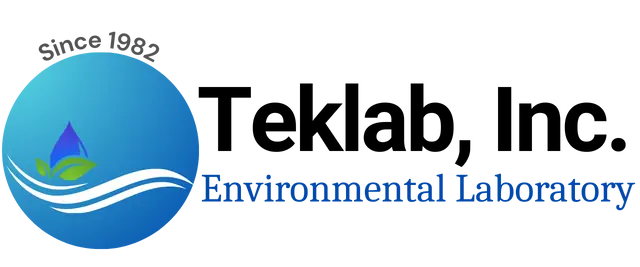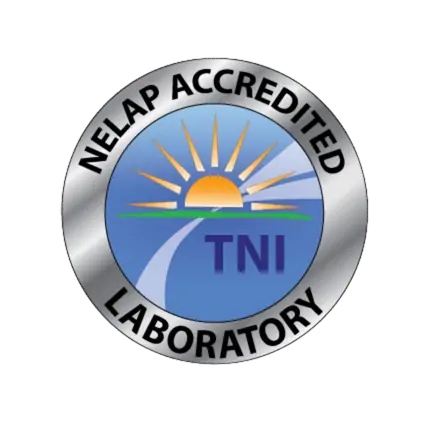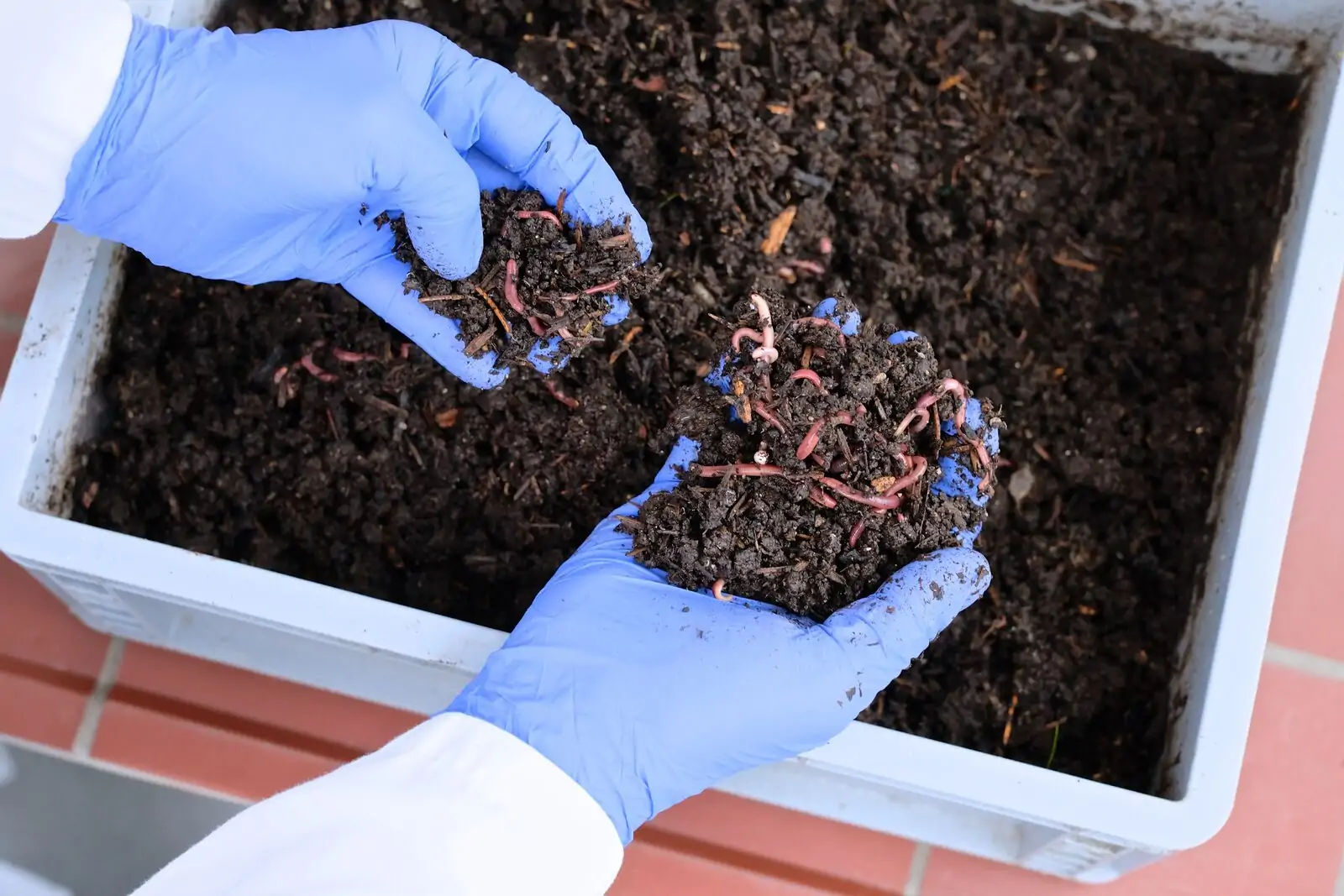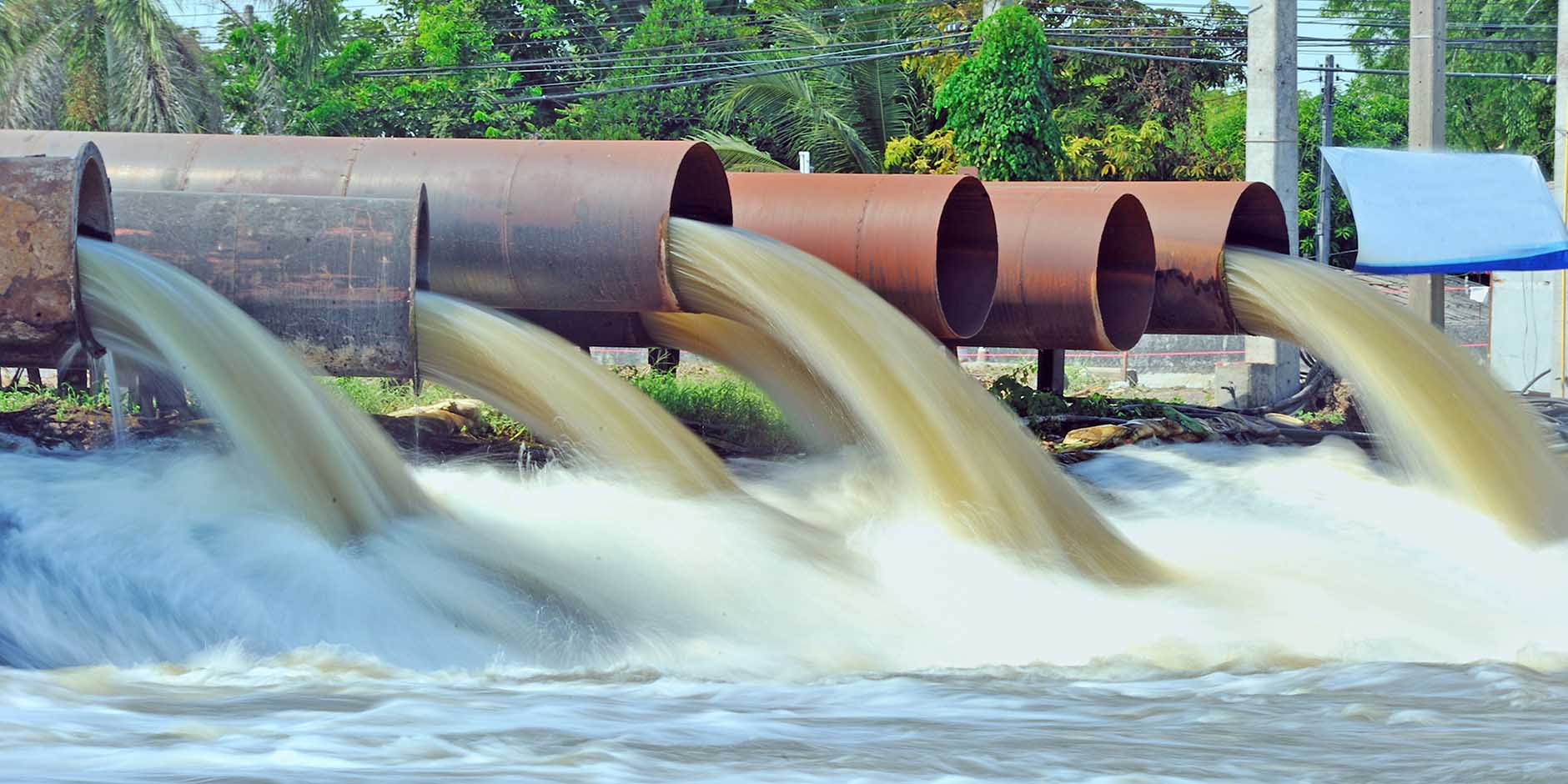Characterization of Hazardous and Special Wastes
Teklab is specifically equipped to handle the characterization of hazardous and special wastes, offering expert guidance to ensure your materials are evaluated accurately and efficiently. Proper waste characterization is a critical step in ensuring compliance with regulatory standards, protecting the environment, and meeting the specific acceptance criteria of disposal facilities.
➡ Disposing of hazardous or special wastes requires a thorough understanding of:
- Regulatory Compliance: Waste classification must meet federal, state, and local regulations, including those outlined in the Resource Conservation and Recovery Act (RCRA).
- Landfill Acceptance Standards: Each landfill or treatment facility has unique criteria based on its operating permits, environmental safeguards, and waste-handling capabilities.
- Environmental Protection: Proper characterization ensures the safe handling and disposal of materials to minimize environmental risks and liabilities.
➡ Failing to accurately characterize your waste can result in:
- Regulatory Penalties: Fines or legal action due to improper disposal.
- Environmental Contamination: Harm to soil, water, or air quality.
- Increased Costs: Rejected loads or reprocessing fees.
Comprehensive Waste Characterization Services
Our process begins with a detailed consultation to understand your needs and identify the intended disposal facility. This targeted approach ensures that all analyses are tailored to meet the facility’s specific requirements.
Our Services Include:
- Chemical Composition Analysis: Identifying the constituents of your waste, including hazardous substances such as heavy metals, volatile organic compounds (VOCs), and semi-volatile organic compounds (SVOCs).
- Physical Properties Testing: Evaluating characteristics like pH, ignitability, corrosivity, and reactivity, as required by RCRA regulations.
- Toxicity Characteristic Leaching Procedure (TCLP): Determining whether waste materials meet the thresholds for hazardous classification.
- Special Waste Assessments: Characterizing non-hazardous but regulated materials such as industrial byproducts, construction debris, and contaminated soils.
- Regulatory Consultation: Assisting with permits, waste manifests, and documentation required for compliant disposal.
Tailored Solutions for Local Landfill Acceptance
Each landfill or disposal facility operates under specific permits that define the types of waste they can accept. By identifying the destination upfront, we ensure that:
- The waste meets all acceptance criteria for that facility.
- Required documentation is prepared accurately to avoid delays or rejections.
- The analysis is conducted in a cost-effective manner tailored to the facility’s standards.
Our team collaborates with local and regional disposal facilities to stay informed of evolving guidelines, ensuring a seamless process for our clients. We take great pride in adhering to industry-leading protocols for waste characterization. Our laboratory operates under stringent quality control measures, ensuring:
- Accurate Results: State-of-the-art instrumentation and experienced analysts guarantee reliable data.
- Rapid Turnaround Times: Timely analysis to keep your project on schedule.
- Regulatory Confidence: NELAP accreditation ensures compliance with recognized standards.
This philosophy of quality extends to every aspect of our services, providing you with the peace of mind that your waste is being handled responsibly and efficiently.
Call us at (618) 344-1004 or Toll-Free at (877) 344-1003, to learn more about our waste characterization services or request a consultation.
Applications for Waste Characterization
Teklab’s waste characterization services are ideal for a wide range of industries and applications, including:
- Industrial Manufacturing: Analysis of byproducts, sludges, and process residuals.
- Construction and Demolition: Testing for asbestos, lead, and other hazardous materials.
- Municipal Waste Management: Assessing household hazardous wastes and special wastes from municipal sources.
- Environmental Remediation: Evaluating contaminated soils, sediments, and water from cleanup sites.
Partner with Teklab for Waste Management Success
By choosing Teklab, you gain a trusted partner who understands the complexities of hazardous and special waste characterization. Our team provides clear, actionable data to help you navigate regulatory requirements with ease. Protect the environment and public health, while we assist you to ensure a smooth and compliant waste disposal.
Let Teklab help you ensure the safe and compliant disposal of your waste materials, protecting both your operations and the world around us. Our experienced team is ready to assist you in meeting your waste management goals with precision, reliability, and a commitment to environmental stewardship. Below is a table with some of the industry-standardized methods that we test for during special or hazardous waste characterization.
Characteristic hazardous wastes are materials that are known or tested to exhibit one or more of the following four hazardous traits:
- ignitability (i.e., flammable)
- reactivity
- corrosivity
- toxicity
Listed hazardous wastes are materials specifically listed by regulatory authorities as a hazardous waste which are from non-specific sources, specific sources, or discarded chemical products. The requirements of RCRA apply to all the companies that generate hazardous waste as well as those companies that store or dispose of hazardous waste in the United States.
Definitions of Hazardous Waste
Hazardous waste: A waste may be hazardous if it exhibits one or more of the following characteristics: toxicity, ignitability, corrosivity, and reactivity. In the United States, the treatment, storage and disposal of hazardous waste is regulated under the Resource Conservation and Recovery Act). Hazardous wastes are defined under RCRA in 40 CFR 261 where they are divided into two major categories: characteristic wastes and listed wastes.
A hazardous waste is a special type of waste because it cannot be disposed of by common means like other by-products of our everyday lives. Depending on the physical state of the waste, treatment and solidification processes might be required.
Non Hazardous Waste: EPA defines solid waste as any garbage or refuse, sludge from a wastewater treatment plant, water supply treatment plant, or air pollution control facility and other discarded material, including solid, liquid, semi-solid, or contained gaseous material resulting from industrial, commercial, mining, and agricultural operations, and from community activities. Nearly everything we do leaves behind some kind of waste.
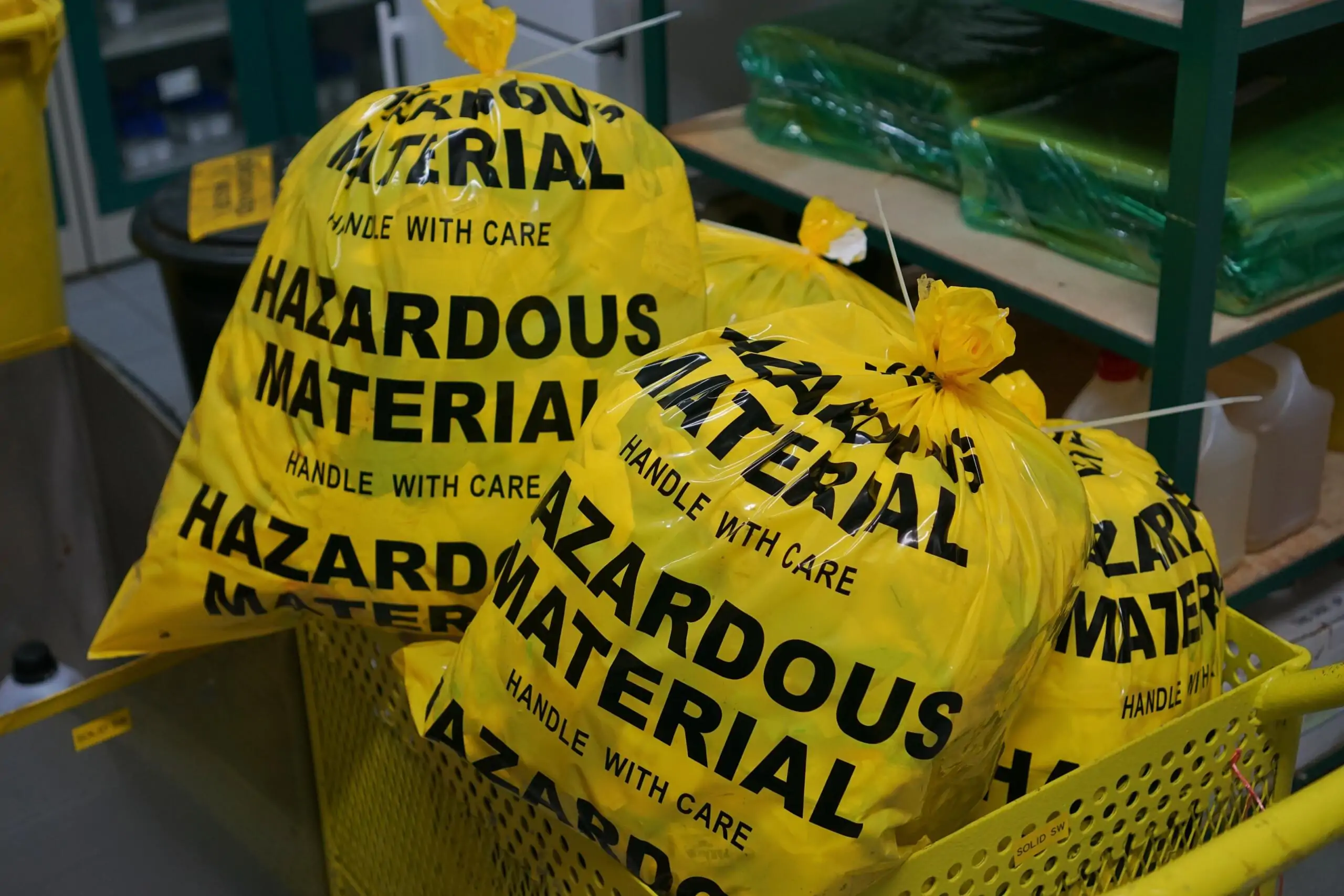 Special Waste: Any solid, liquid, semi-solid or gaseous material and associated containers generated as a direct or indirect result of an industrial process or from the disposal of contaminants(s) from the air, water or land. Special waste is from a non-residential source and includes, but is not limited to any of the following: industrial process waste; pollution control waste; incinerator residues; sludges; contaminated soil, residue, debris and articles from the cleanup of a spill or release of materials, regulated asbestos-containing material.
Special Waste: Any solid, liquid, semi-solid or gaseous material and associated containers generated as a direct or indirect result of an industrial process or from the disposal of contaminants(s) from the air, water or land. Special waste is from a non-residential source and includes, but is not limited to any of the following: industrial process waste; pollution control waste; incinerator residues; sludges; contaminated soil, residue, debris and articles from the cleanup of a spill or release of materials, regulated asbestos-containing material.
Characterization of special wastes refers to the process of identifying and analyzing the physical, chemical, and biological properties of a waste material that is considered “special” due to its unique handling requirements, often not classified as hazardous but still needing specific disposal methods, including factors like volume, composition, toxicity, and potential environmental impacts, to determine the appropriate management strategy for its disposal.
